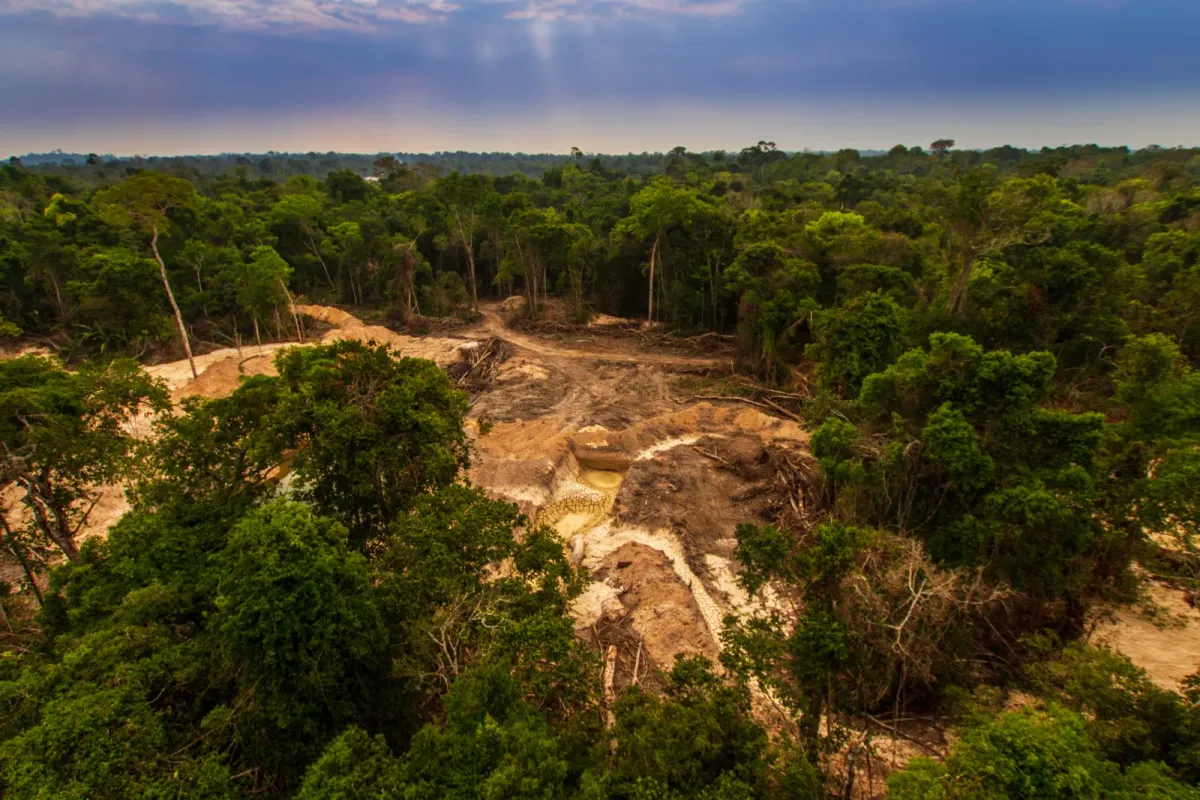Auquan's Weekly Wrap | 10th - 16th September: What you might have missed
Recap of the week's market activity: Indonesia and Industrial Mining Exposures, Global Green Bond Growth, Further Regulatory Scrutiny for China's Big Tech, EU Forced Labour Measures

Top Themes
Indonesia Illegal Palm Oil Operations

Following a parlimentary hearing, Indonesia has pardoned 75 companies operating illegally inside forest areas, with fines of $14.93million paid. The Ministry of Environment and Foresty has also identified at least 616 companies operating illegally, in addition to 40 government entities, 129 cooperatives, and 407 individuals, bringing the total to 1,192 entities. With this in mind, officals are saying hundreds more plantation and mining companies will be pardoned, which constitute the majority of these operations.
Global Green Bond Growth

Whilst the broader debt market has seen issuance cuts from recent volatility, the green bond market has shown resilience with volumes surpassing those of a year ago. This is in spite of cautious borrowing - spurred from high inflation and rising interest rates. Just over the last two weeks, Eurozone governments have raised $15 billion from green bonds. Corporate green bonds are also seeing issuance activity, with Compass Group announcing earlier this week it has raised proceeds of £680m to support work relating to climate, waste, social sustainability, supplier engagement and healthy eating.
- European governments defy market volatility with green bond bonanza
- Food service giant Compass Group issues more than £680m of sustainable bonds
- New capital through green bonds for R.Power
- EU, Japan to drive global green bonds to new record in 2023
China Cybersecurity Investigation

Big Tech in China is under even more scrutiny with further regulatory tightening from China's internet watchdog. A series of amendments to the country’s five-year-old Cybersecurity Law has introduced fines of up to 50 million yuan (US$7.17 million) or 5 per cent of the firm’s turnover for failure to protect the spreading of illegal information. According to Stanford University, once enforced, new fines are thought to reach billions of yuan, with major internet companies such as Alibaba and Didi Chuxing potentially exposed.
- China eyes steeper cybersecurity fines to intimidate offenders as Big Tech firms fall in line
- China finds Agoda, Subway, Domino's Pizza apps violating users' rights in latest check of security and data collection
Mining Sector: Environmental Concerns

Industrial mining is an emerging concern, especially with the growing appetite for minerals used in clean-energy technologies (eg. copper, lithium cobalt) to combat climate change. According to a new study published in 'Proceedings of the National Academy of Sciences,' four countries - Indonesia, Brazil, Ghana and Suriname, accounted for 80% of tropical forest loss due to industrial mining. The majority of this has taken place in Indonesia. The country announced on the same day it's agreement to start a new partnership with Norway to reduce carbon emissions from deforestation.
- Industrial mining's tropical deforestation footprint spills beyond concessions
- Indonesia, Brazil biggest culprits in tropical forest loss linked to industrial mining -study
- Indonesia Has Lost More Tropical Forest to Mining Than Anywhere
- Indonesia and Norway plan to launch new pact to curb deforestation
EU Forced Labour Measures

Following US leglisations, the EU has additionally proposed a ban on products made using forced labour. Whilst no country has been named in the proposal, it follows the UN report citing 'crimes against humanity' in Xinjiang, China last week and the European Parliament call for a law in June with concerns over human rights in the region. 'The ban should apply to all products, including components, and to all levels of production from extraction or harvest to manufacturing as well as to EU-made products and EU exports." This is likely to increase pressure on companies to monitor their supply chains, with European firms such as Infineon, Adidas, H&M and SAP being previously exposed to the region.
Thank you for reading! Don't forget to subscribe to our newsletter for more!
